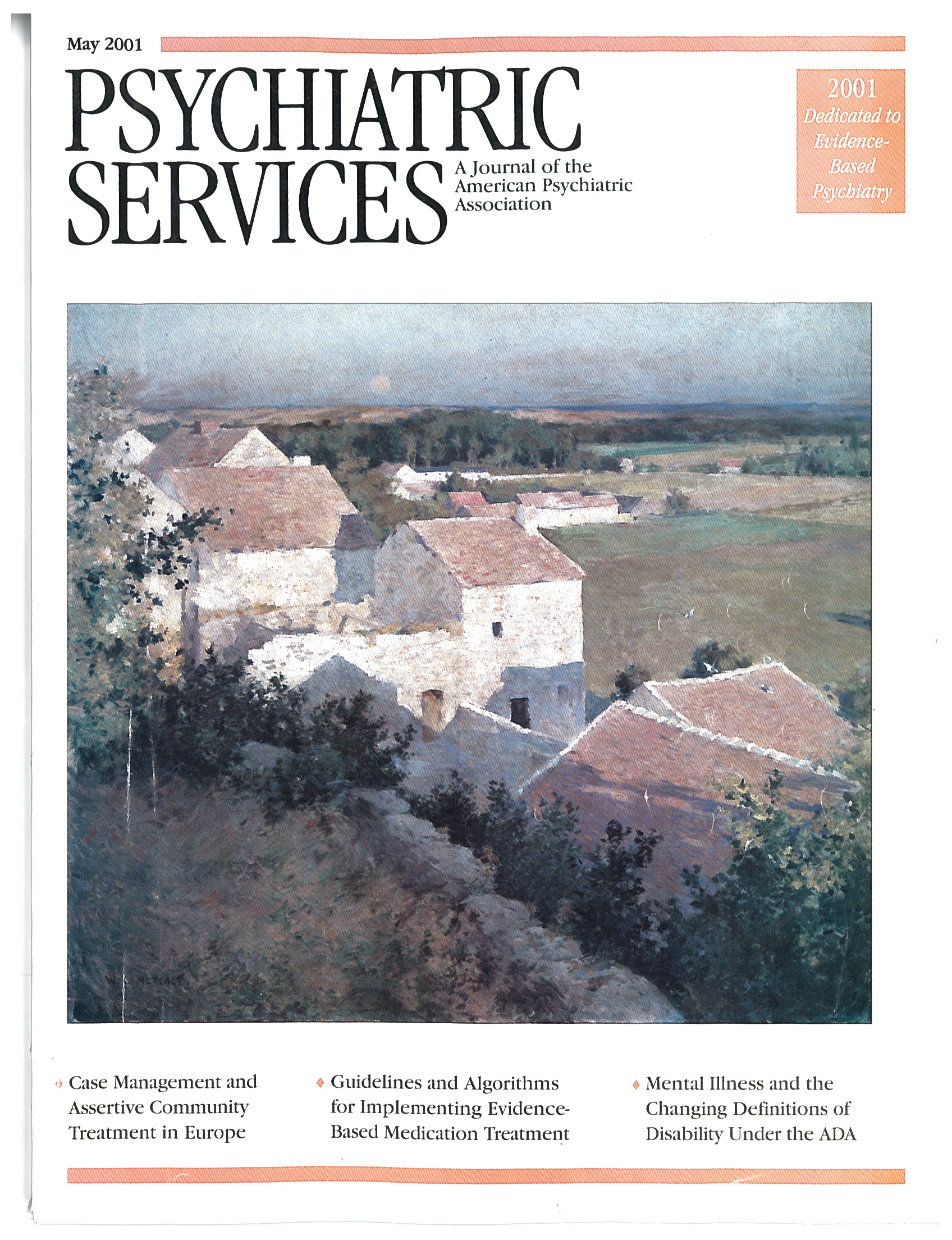"Lack of insight" is a term often applied to persons with severe psychiatric disorders. About 40 to 50 percent of persons with schizophrenia and bipolar disorder possess some degree of impaired self-awareness. This lack of awareness can mean costly treatment for these individuals.
The clinical domain, however, is not the only area where lack of insight can be found. The average citizen has long lacked insight into the needs of persons with psychiatric disorders. This ignorance manifests itself in the form of health care discrimination, underfunded services, homelessness and incarceration, and demeaning portrayals in movies and television.
America's ignorance about psychiatric disorders derives directly from poor public awareness efforts. Organizations for other illnesses conduct regular events to raise research funds and awareness. The National Multiple Sclerosis Society, for example, conducts a yearly walk and a bike ride. The Muscular Dystrophy Association holds its famous Labor Day telethon. The American Cancer Society organizes a series of walks for breast cancer. These activities bear a remarkable resemblance in certain aspects—they involve large corporate sponsors, are planned and coordinated by paid staff, and occur nationally during specified periods.
The National Alliance for Research on Schizophrenia and Depression recently launched a five-year campaign to raise $100 million but is not conducting nationwide events. This group organizes a few fundraisers, which are tiny in scope compared with those of the other groups. Instead of providing staff to direct fundraisers, it encourages volunteers to plan and run their own events. It is hard to see how such groups can increase awareness without involving average citizens and corporate donors as well as allocating staff to manage such activities.
Some mental health groups have organized formal antistigma efforts. When the media depict a "psychotic killer," for example, these groups quickly write letters to or telephone the offending party. Although this strategy is sometimes needed, it rarely reduces stigma permanently. AIDS and Alzheimer's advocates do not wait to be slandered. They realize that one must involve the general public and corporate America proactively to become a fashionable cause.
If psychiatric disorders are to become a popular cause in society, major efforts must be made to involve the public and corporations in national fundraising and awareness events. Psychiatric research foundations can replicate the strategy of other groups to permanently raise awareness and dismantle ignorance. Without such efforts, both societal and clinical lack of insight, as well as their enduring consequences, are destined to continue.

